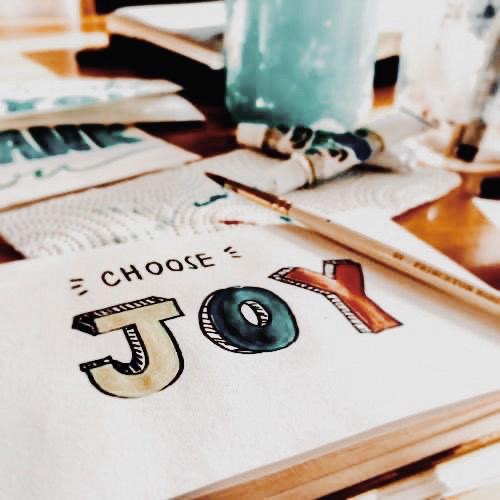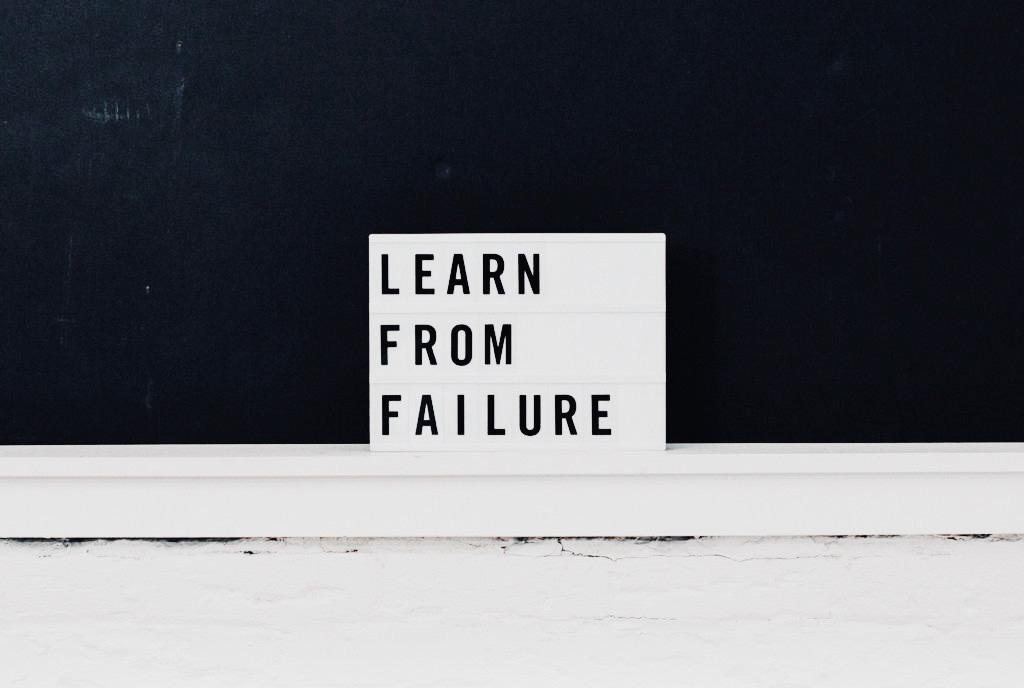Let's live happily, let's live Danish!
Today, Nordic lifestyles such as "lagom" or "hygge" are timidly settling into our mentalities. However, they are not only the result of a trend but of a real devotion to the happiness and well-being that the inhabitants of Scandinavian and Nordic countries handle brilliantly... Imagine a world where Monday would no longer be considered the worst day of the week, where work does not rhyme with money but rather with pleasure, where children are impatient to go to school...
Nowadays, to get a full taste of happiness, it is best to take inspiration from the Scandinavian countries in northern Europe, as they are on the podium of the happiest countries with Norway at the top of the ranking followed by Denmark and Iceland. But how do they manage to do so? This is what we will try to understand with the Danish societal model.
Today, being fulfilled in one's profession is a significant component of happiness. Working in a field that we like, feeling good in the workplace, being considered, etc. Many elements contribute to well-being in one's career, and the Danes have understood this for many years.

When safety is an employee
In Denmark many laws have come into force to protect employees as well as entrepreneurs. Flexible hiring and dismissal measures, extensive compensation and unemployment benefits and continuous vocational training not only provide security for employees but also offer companies a degree of flexibility.

The right balance
The family is very important to the Danes, it is at the heart of their concerns. Thus, in order to maximise family fulfilment, companies favour presenteeism to ensure a fair balance between professional and personal life. To achieve this, companies offer very flexible working hours as well as access to teleworking with very extensive leave rights such as for sick children or for maternity/paternity.

"I believe in you"
In our Danish neighbours, employee-management relations are based on two main principles: trust and autonomy. Companies are generally organised by a horizontal hierarchy that allows for a certain degree of supervised freedom, where everyone participates in decision-making in dialogue on an equal footing. In this system, the trust placed in employees then allows employees to be valued for what they are, and promotes autonomy.
These foundations are also present in everyday life in Denmark. Bicycles without padlocks, children wisely waiting for their parents in their pushchairs at the entrance to a bakery, ... Scenarios unimaginable for us, but real and frequent situations for Danes. This confidence gives them a much more serene daily life than we have. Moreover, Denmark emphasizes personal freedom, where everyone lives their lives as they wish with little social pressure.

School
The Danish school system is based on two pillars: empathy and self-knowledge where elitism is a term to be banished. On the curriculum: courses in history, maths, empathy, chemistry, sports... Yes yes, you read correctly, there are many compulsory empathy courses for children from 6 to 16 years old, with the aim of learning to feel but also to understand the emotions of those close to you. Denmark emphasises fulfilment from the very first day at school so that afterwards, when entering the professional world, work is not experienced as a constraint. Finally, our Scandinavian neighbour offers free tuition and then pays for students going on to higher education (760 euros are paid by the state). In addition, it is usual for young people from the age of 13 onwards to work alongside their studies in order to slowly gain independence. Moreover, a majority of Danes leave the family cocoon at the age of 18 to live their lives according to their own desires.

Thus, we have everything to take from our Danish neighbour and the Scandinavian countries. All the more so when Belgium is ranked 18th and France 24th in the ranking of the happiest countries. However, we should not expect changes overnight because a societal model anchored in the habits and lifestyles of a population is not easy to change. And let's put things into perspective, we are not the most unhappy ☺




